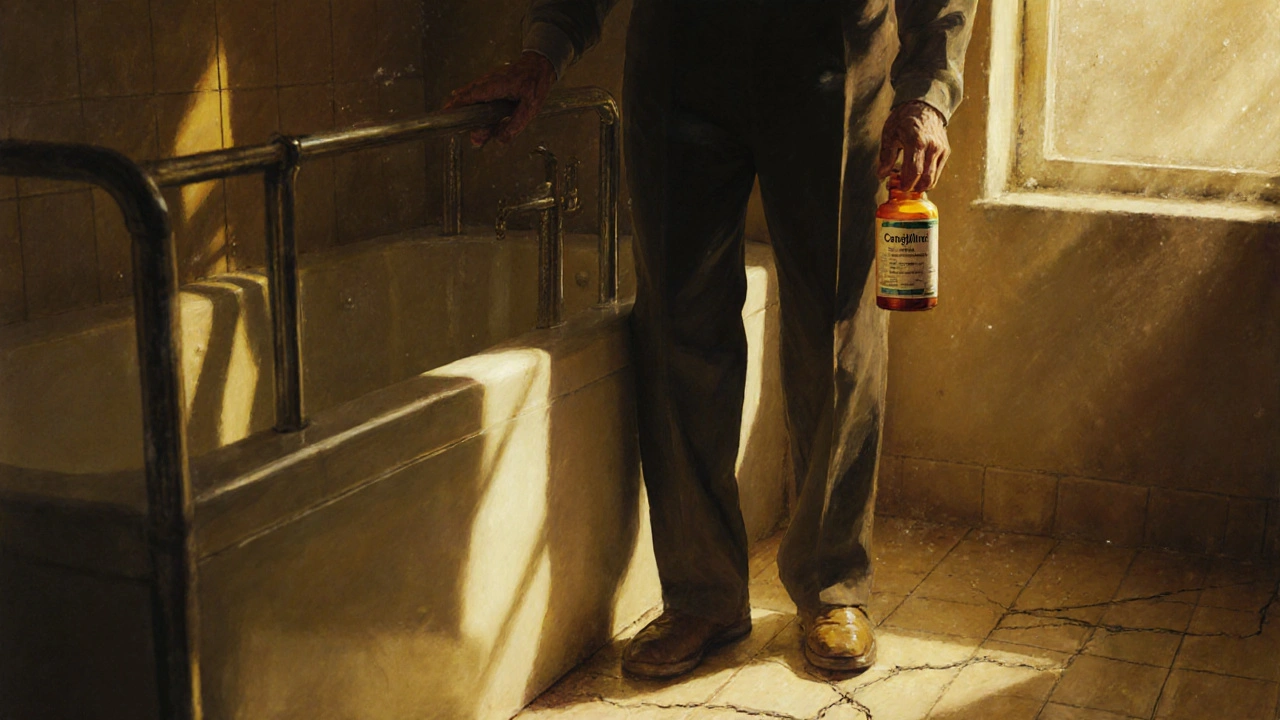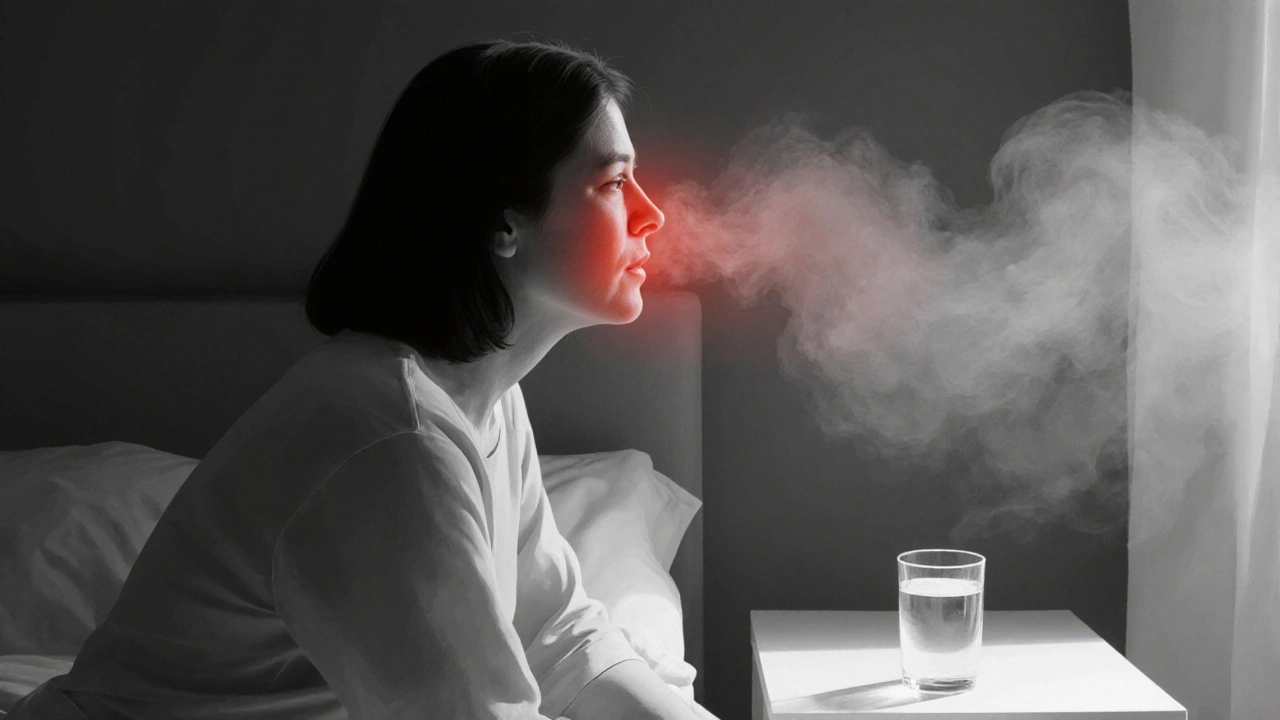Bone Health: Essential Tips for Stronger Bones and Better Mobility
When we talk about bone health, the condition of your skeletal system that supports movement, protects organs, and stores minerals. Also known as skeletal health, it’s not just about avoiding fractures—it’s about staying active, independent, and pain-free as you age. Most people think bone health only matters after 50, but the truth is, your bones are building strength—or losing it—every single day, no matter your age.
Strong bones need three things: calcium, the main mineral your bones are made of, vitamin D, the nutrient that helps your body absorb calcium, and movement. You can’t just pop a supplement and call it done. If you’re not getting sunlight or eating dairy, leafy greens, or fortified foods, your bones are quietly weakening. And if you’re sitting most of the day, your bones don’t get the signal to stay dense. That’s why people who walk, lift weights, or even do yard work regularly keep better bone density than those who don’t move.
One of the biggest risks to bone health is osteoporosis, a condition where bones become brittle and break easily. It’s silent until you fall—and then it’s serious. Women after menopause are at higher risk because estrogen drops, but men over 65 are catching up fast. Medications like bisphosphonates can help, but they’re not magic. The real fix is catching problems early with a bone density scan, eating right, and staying active. You don’t need to run marathons. Just standing up, walking 30 minutes a day, or doing light resistance exercises makes a measurable difference.
Some of the posts below show how certain drugs—like long-term steroid use or even some antidepressants—can quietly hurt your bones. Others talk about supplements like vitamin B6 or calcium-based remedies that support overall wellness. What ties them together? Real people trying to protect their bodies from the slow, unnoticed damage that comes with aging, medication, or inactivity. You’ll find practical advice on what to eat, what to avoid, and how to talk to your doctor about your bone health without sounding like you’re reading from a textbook.
There’s no single pill that fixes weak bones. But there are simple, daily habits that add up. And if you start now, even in your 30s or 40s, you’re not just preventing future breaks—you’re keeping your freedom to move, bend, and live without pain.

SGLT2 Inhibitors and Bone Health: What You Need to Know About Fracture Risk
SGLT2 inhibitors help manage diabetes and protect the heart and kidneys, but canagliflozin may increase fracture risk in vulnerable patients. Empagliflozin and dapagliflozin appear safe for bone health.
Read more
Estrogen’s Impact on Menopause: What Every Woman Should Know
Explore how estrogen loss drives menopause symptoms, the role of hormone replacement therapy, and practical lifestyle tips to protect bone and heart health.
Read more